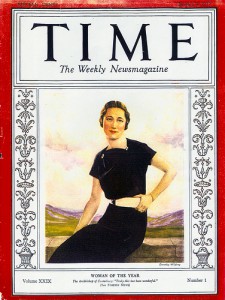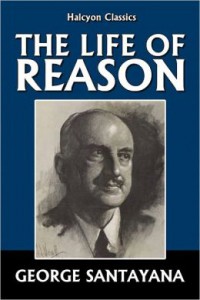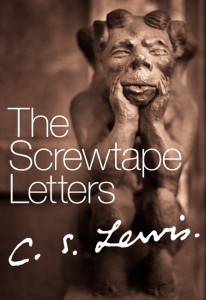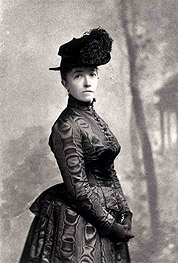 To George Sturgis
To George Sturgis
Hotel Bristol
Rome. Feb. 24, 1937
Your British news is certainly interesting, but I am afraid not impartial. Everybody who knows anything about the world or about psychology can guess that there is something shady and abnormal about the case of Edward VIII.1 What the exact facts are it is very hard for the public to gather, and your friend’s father’s god mother who has a servant who is in communication with the father of one of the King’s footmen does not seen a reliable witness.
As to your trip in May and June, it is likely that until about June 15 I shall still be in Rome and then at Cortina, at the Hotel Savoy, in the village. I am afraid this is too far out of your way. My stay in Paris last summer did not leave a very pleasant impression, and I doubt that I shall ever go there again, except possibly in transit. Rafael (who has now also written) invites me to come and see them and the glorious new Spain when it is firmly established, but of course I shall do no such thing. Old people are always a nuisance. Jacques Bainville says: “Old men repeat themselves and young men have nothing to say, so that both are bored”.
1. The public reason given for Edward VIII’s abdication of his throne was his wish to marry the American divorcee Wallis Simpson; however, there were no doubt political motives involved, such as the belief that Simpson (and, therefore, Edward) held extremely pro-German sympathies. Wallis Warfield Simpson (1896-1986), of the United States, divorced her second husband to marry Edward VIII (1894-1972). Edward, the eldest son of King George V, was the only British monarch to abdicate the throne voluntarily and married Simpson in 1937. They lived in exile as the Duke and Duchess of Windsor, mainly in Paris. Simpson was the first woman chosen as Time Magazine’s “Man of the Year” (1936).
From The Letters of George Santayana: Book Six, 1937-1940. Cambridge, MA: The MIT Press, 2004.
Location of manuscript: The Houghton Library, Harvard University, Cambridge MA




